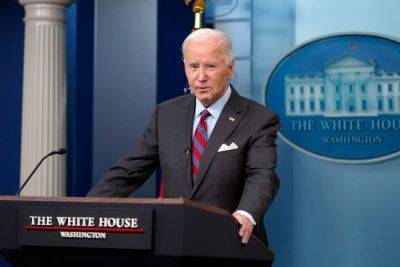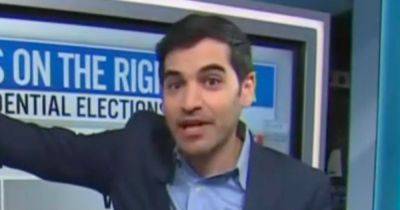Inflation, interest rates hit lower-income Canadians' purchasing power harder: report
Inflation and higher interest rates have eroded Canadians' purchasing power since 2022, particularly for lower-income households, a new report from the parliamentary budget officer has found.
But wealthier households have seen their purchasing power rise thanks in big part to their investment income.
Over a longer time period — since the last quarter of 2019 — the average purchasing power of Canadian households rose by 21 per cent.
Government transfers, wage gains and net investment income supported the gain, said Parliamentary Budget Officer Yves Giroux in the report.
«However, this conclusion does not provide a full picture of the recent changes to purchasing power in Canada,» the report said. «In fact, it is widely accepted that inflation and the accompanying tightening of monetary policy have affected household purchasing power disproportionately, depending on income level.»
For the lower-income households, «small increases in income were not enough to counteract the effect of inflation on their purchasing power.»
On average during this period, households have experienced price increases of about 15 per cent on a typical «basket» of goods and services, the report said.
Spending on food, shelter and transportation accounted for more than three-quarters of inflation, though these categories made up less than half of the 2019 consumption bundle.
Inflation began heating up in 2021 as raw material costs and supply chain disruptions put pressure on prices, the report noted.
As inflation sharply accelerated in 2022, household purchasing power declined. Meanwhile, the Bank of Canada rapidly increased its key interest rate from its pandemic-era lows, bringing it up to five per cent by mid-2023 before hitting pause.
The consumer price







